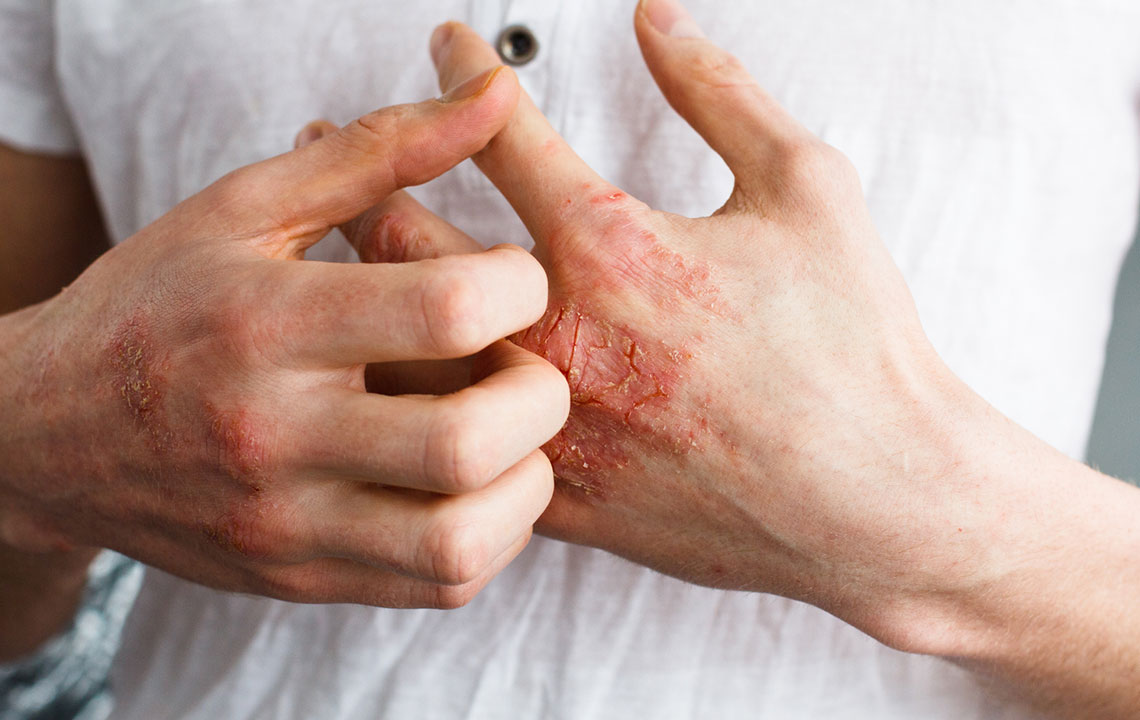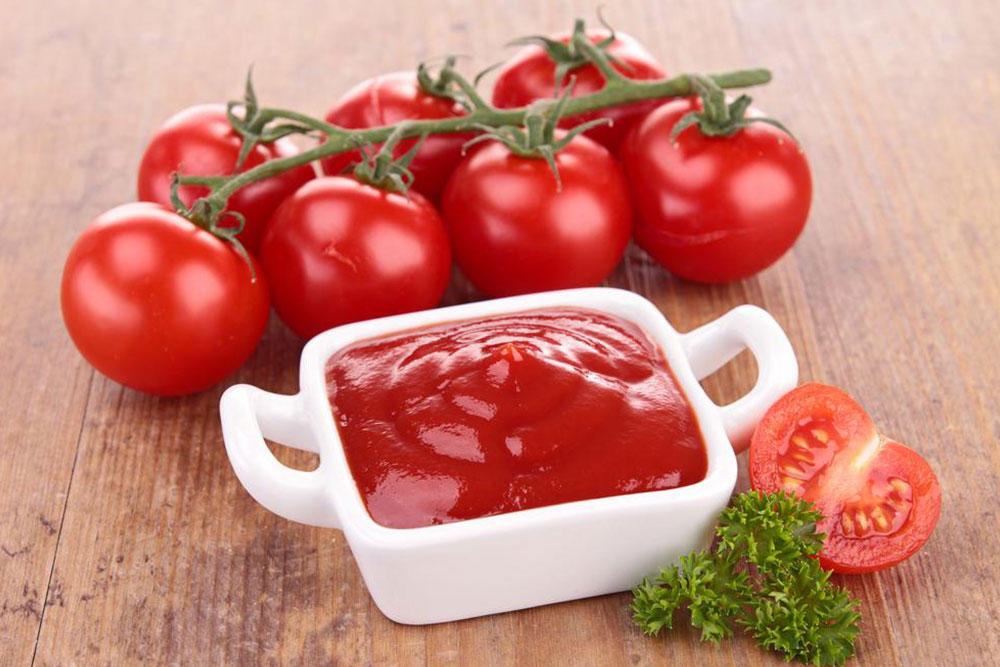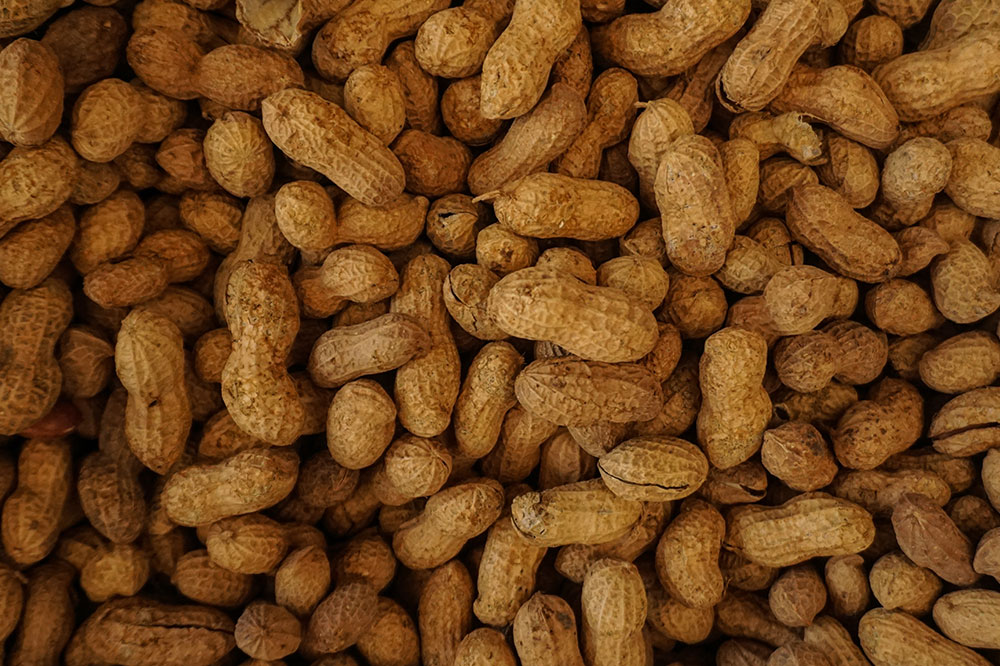Essential Foods to Avoid If You Suffer from Eczema and How to Maintain Healthy Skin
This in-depth guide explores the key foods to avoid for people with eczema, including dairy, eggs, soy, tomatoes, and nuts. It offers practical advice on dietary management, emphasizes the importance of professional consultation, and provides tips for maintaining healthy skin through tailored nutrition plans. Managing eczema effectively involves understanding food triggers and adopting a holistic approach to skincare and lifestyle, ensuring better control over flare-ups and enhanced quality of life.

Eczema, also known as atopic dermatitis, is a chronic skin condition that affects millions of individuals worldwide. Characterized by dry, itchy, and inflamed patches on the skin, eczema can significantly interfere with daily life and overall well-being. While genetics and environmental factors play a role in eczema development, a key component in managing the condition lies in making informed dietary choices. Certain foods are known to trigger or aggravate eczema symptoms, leading to flare-ups and discomfort. Therefore, understanding which foods to avoid can help those affected maintain healthier skin, reduce inflammation, and improve quality of life.
This comprehensive guide explores common dietary triggers for eczema. By recognizing ingredients that may worsen symptoms, individuals can tailor their diets to minimize flare-ups. In many cases, eliminating specific foods allows for better control of eczema, though any significant dietary changes should be discussed with healthcare professionals to ensure nutritional adequacy.
Understanding the Role of Diet in Eczema Management
Eczema is a complex condition influenced by immune system responses, genetics, and environmental exposures. Allergic reactions to certain foods can exacerbate skin inflammation, leading to more frequent or severe outbreaks. Identification of food triggers often involves elimination diets, allergy testing, or a combination of both under medical supervision. Dietary management plays a crucial role in controlling eczema, alongside skincare routines and environmental modifications.
Foods Commonly Associated with Eczema Flare-Ups
Cow’s Milk and Dairy Products
One of the most frequent dietary triggers for eczema, especially in children, is cow’s milk. Many individuals with eczema find that removing dairy products from their diet reduces inflammation and skin irritation. While dairy provides essential nutrients such as calcium and vitamin D, in severe cases, eliminating or reducing intake can be beneficial. Healthcare providers often recommend dairy substitutes like almond milk, soy milk, or oat milk for those needing alternatives, ensuring that nutritional needs are still met.
Eggs
Eggs are another common allergen linked to eczema. Sensitivity to eggs affects a significant portion of eczema sufferers and can lead to flare-ups when consumed. Raw or undercooked eggs pose additional risks, such as biotin deficiency, which can further compromise skin health. To manage symptoms, individuals should consider egg-free diets and consult with allergists or dietitians for personalized advice and suitable substitutes.
Soy and Soy-Based Products
Soy is prevalent in many processed foods, snacks, and beverages. For individuals with eczema, soy and its derivatives may contain amines that trigger allergic reactions or worsen existing symptoms. Reactions can occur even in those not previously diagnosed with a soy allergy. Careful label reading is essential to avoid hidden sources of soy in soy-based sauces, tofu, protein isolates, or processed snacks.
Tomatoes and Tomato-Based Products
Rich in natural compounds like salicylates, amines, and MSG (monosodium glutamate), tomatoes can provoke eczema flare-ups in sensitive individuals. Tomato sauces, ketchup, soups, and processed foods containing tomatoes should be limited or avoided to prevent triggering inflammation and itching. Substituting with other vegetables can provide nutritional diversity without exacerbating symptoms.
Peanuts and Other Tree Nuts
Peanuts are among the most common food allergens and pose a potential trigger for eczema flare-ups. People with eczema may develop peanut allergies, making it crucial to avoid peanuts and products that contain them, including peanut butter, baked goods, and snack mixes. Cross-contamination can also be an issue, so vigilance in reading labels and selecting nut-free alternatives is important.
Fruits like Oranges, Kiwis, and Grapes
Some fruits contain high levels of salicylates and amines, natural compounds that can worsen eczema symptoms. Acidic fruits such as oranges, kiwis, and grapes may lead to increased itching and inflammation in sensitive individuals. Replacing these with lower-reactivity fruits like bananas, melons, or berries might help reduce flare-ups while maintaining a healthy diet.
Gluten-Containing Foods
While gluten is not directly proven to cause eczema, some individuals report symptom improvements after reducing gluten intake. Gluten is present in bread, baked goods, pasta, and many processed foods. An elimination diet under medical supervision can help determine if gluten exacerbates eczema symptoms, and if so, gluten-free alternatives can be incorporated into daily meals.
Dried Fruits and Preserved Snacks
All dried fruits, including dates, prunes, apricots, and other dehydrated products, often contain salicylates, sulfur dioxide (preservative), and amines—substances known to trigger or worsen eczema symptoms. These compounds tend to increase inflammation, itching, and skin irritation. Limiting dried fruit consumption or choosing fresh alternatives can help manage symptoms effectively.
How to Manage & Prevent Eczema Flare-Ups Through Diet
Dietary adjustments are a cornerstone of eczema management. Identifying individual food triggers through guided elimination diets, food diaries, and allergy testing enables personalized nutrition plans. Besides avoiding trigger foods, maintaining a balanced diet rich in anti-inflammatory foods like omega-3 fatty acids, fruits, vegetables, and whole grains can support skin health. Proper hydration and avoiding processed foods high in additives and preservatives are equally important.
Consultation with Healthcare Professionals
Before making significant dietary changes, it’s essential to consult with healthcare providers, such as dermatologists, allergists, or registered dietitians. These experts can conduct allergy tests, provide tailored dietary advice, and help design a plan that minimizes eczema symptoms without compromising overall nutrition. Regular follow-ups ensure that nutritional needs are met, and adjustments are made as needed.
Additional Lifestyle Tips for Managing Eczema
While diet plays a vital role, combining dietary management with skin care routines, stress reduction techniques, and environmental controls creates a comprehensive approach to controlling eczema. Avoiding known irritants, using gentle skincare products, and maintaining a hydrated, moisturized skin barrier can reduce the frequency and severity of flare-ups.
In summary, understanding and avoiding common foods that trigger eczema can significantly improve skin health and quality of life. By working closely with healthcare professionals, individuals can develop personalized strategies to minimize flare-ups and enjoy healthier, more comfortable skin.For personalized guidance, always seek professional medical advice tailored to your specific condition.





